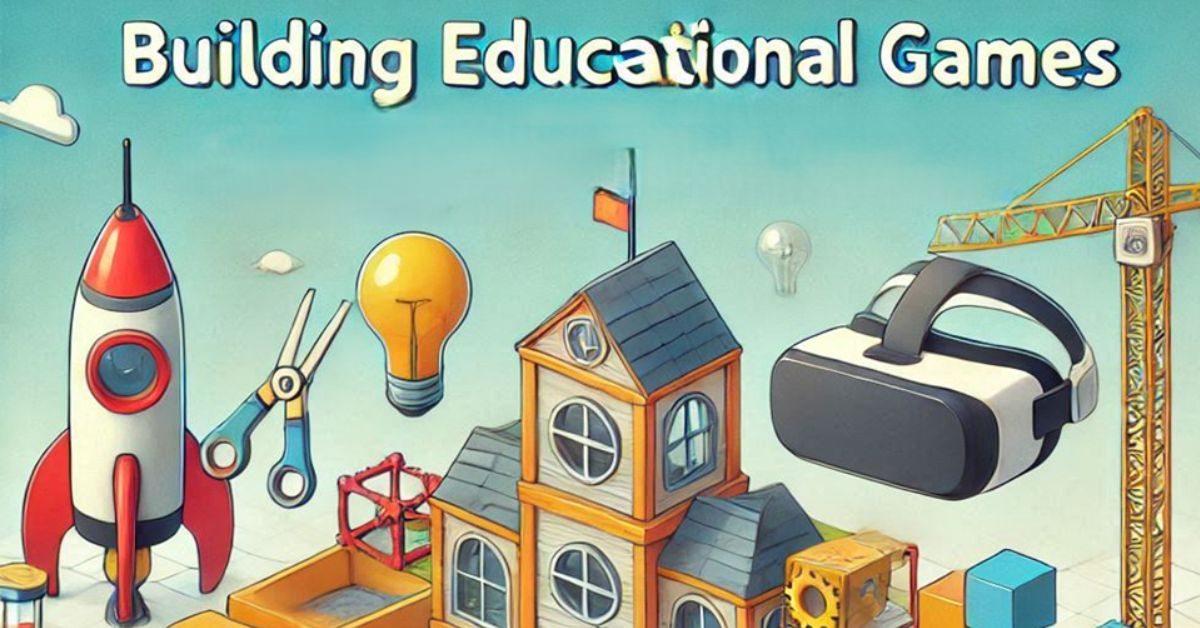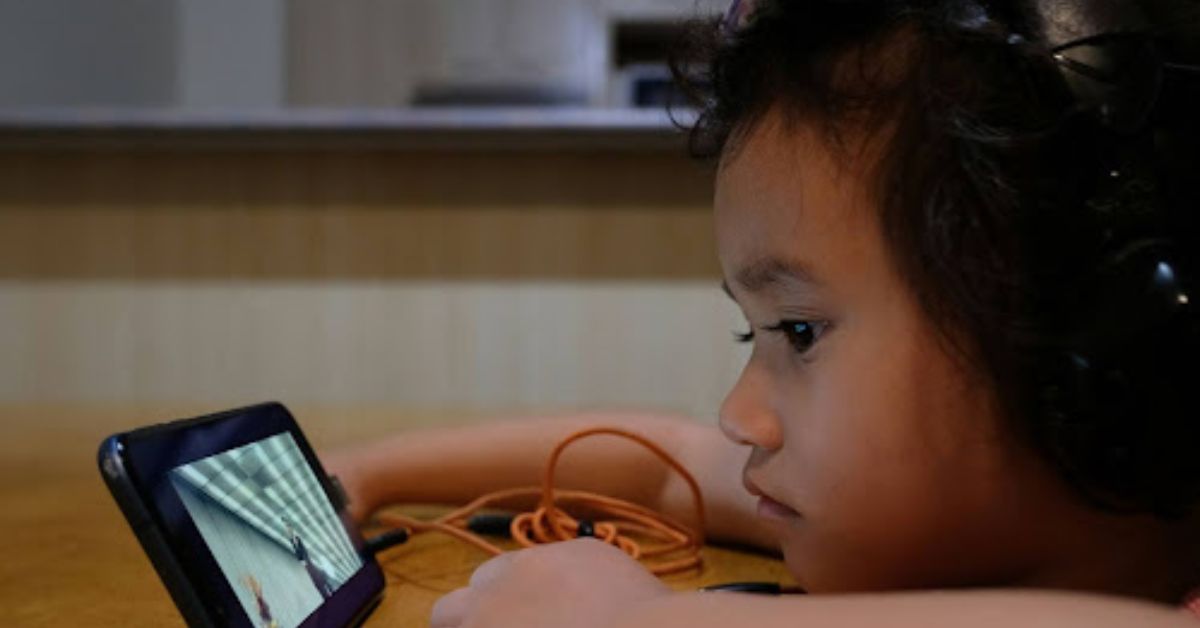Virtual Reality has transformed how we perceive and interact with the world, offering immersive experiences that bridge the gap between imagination and reality. Even though VR has made large inroads into entertainment and training, perhaps one of the most exciting frontiers is its application in education. The combination of learning and gaming in a virtual environment opens new avenues for engagement, creativity, and interactivity. Whether it’s reliving historical recreations, conducting complex science experiments, or mastering coding concepts, VR-based educational games are changing the face of modern learning.
Why VR Has Its Hold on Education
Education has always been about engaging the learner, sparking curiosity, and fostering an understanding of the world. VR takes this goal to an entirely new level. Unlike traditional classroom methods, where learning might feel abstract and distant, VR enables students to “live” the lessons. Imagine walking through the streets of Ancient Rome, observing the intricate architecture, and interacting with historical figures. Such vivid experiences not only improve retention but also make learning enjoyable.
Moreover, VR caters to all kinds of learning styles; hence, it is such a versatile tool. Visual learners enjoy vivid imagery, while auditory learners get engaged with the soundscapes, and kinesthetic learners can manipulate objects and interact with virtual environments. This multisensory experience makes sure that every learner finds something engaging and fosters inclusivity in education.
Blending Fun with Learning
For VR-based educational games to succeed, they must strike the perfect balance between fun and learning. Games that are too focused on educational content might feel tedious, while overly entertaining games may lack depth. Developers must ensure that the gameplay mechanics align seamlessly with the learning objectives.
Take coding games, for example. These games are designed to teach programming concepts in an interactive way. In a VR environment, players could “code” by arranging virtual blocks or debugging virtual robots in a simulated environment. This hands-on approach demystifies complex topics and encourages problem-solving skills.
Similarly, science experiments in VR provide a risk-free environment for exploration. Students can mix chemicals without worrying about explosions, dissect virtual organisms without ethical concerns, and observe phenomena that would be impossible to recreate in a physical lab. This approach not only enhances understanding but also cultivates a love for experimentation.
Historical Re-creations: A Journey Through Time
History often struggles to captivate students, primarily because it is presented as a static subject. Dates, events, and names can feel disconnected from reality. VR changes this dynamic by bringing history to life.
Games that are educational and set in historical eras can give students the opportunity to take part in major events, such as witnessing the signing of the Declaration of Independence or navigating through the Industrial Revolution. These recreations provide context, making the past relatable and meaningful. Moreover, students can examine different perspectives, developing empathy and critical thinking.
By collaborating with a VR game development companies in India, educators and institutions can create these rich historical experiences at a fraction of the global cost. Indian developers have earned a reputation for delivering high-quality VR solutions that blend creativity with technical expertise.
VR as a Tool for Skill Development
Beyond academics, VR educational games also focus on skill-building. Soft skills, such as communication and teamwork, can be developed through collaborative VR scenarios. For example, a game might require players to work together in order to solve a mystery or complete a mission, which provides them with an opportunity to practice teamwork and problem-solving.
The technical skills that VR offers through its immersive environment are unparalleled. Engineering students can practice assembling machinery, pilots can train in virtual cockpits, and medical students can perform surgeries with no risk in the real world. These applications enhance not only the proficiency of the skills but also reduce training costs significantly.
It ensures the simulations are engaging yet pedagogically sound by hiring virtual reality developers with expertise in educational game design. Developers in this niche know how to align game mechanics with educational goals, making the experience enriching for students.
Challenges in Developing VR Educational Games
Despite all its huge potential in education, developing effective educational games is challenging. First and foremost among the key barriers is accessibility. top-shelf VR equipment usually comes at a price most schools and institutions cannot afford. However, as it is with technology, both the quality and price of that equipment are gradually improving, day by day.
Another challenge is relevance. The content of educational games has to be aligned with curriculum standards but still be engaging. This calls for collaboration among educators, subject matter experts, and game developers. Games development companies in India have emerged as key players in this domain, offering cost-effective solutions tailored to diverse educational needs.
Finally, there’s the question of user experience. For students unfamiliar with VR, the initial learning curve can be steep. Developers must focus on creating intuitive interfaces and providing ample tutorials to ensure a smooth experience.
The Future of VR in Education
The integration of VR into education is just beginning. As technology evolves, we can expect even more innovative applications. AI-powered VR environments could adapt to individual learning paces, providing personalized experiences. Multiplayer VR platforms could enable students from across the globe to collaborate and learn together, fostering cultural exchange and mutual understanding.
Moreover, with the spreading of 5G networks, the lag-free, high-speed internet is going to make VR experiences seamless, even in remote areas. It will further democratize access to VR-based education, bridging the gap between urban and rural learners.
The role of a dedicated VR game development company in India will be significant in shaping this future. Their expertise in creating culturally relevant content, combined with their competitive pricing, makes these companies very well positioned to drive global VR adoption in education.
Conclusion: Transforming Learning Through VR
Building educational games in VR is more than just technological innovation; it’s a new way of thinking about how we learn. By blending fun with education, VR creates experiences that are memorable, engaging, and impactful. From historical recreations to science experiments and coding games, the possibilities are limitless.
For educators and institutions looking to adopt this transformative tool, partnering with the right development team is essential. Whether you’re planning a VR game or an immersive educational platform, hire virtual reality developers who understand the nuances of learning and gaming. With the right team, the dream of making education accessible, engaging, and effective is no longer a distant reality.
With VR in the hands of visionary developers and educators, the future of learning is going to be redefined—something that will make it not just informative but truly unforgettable.











